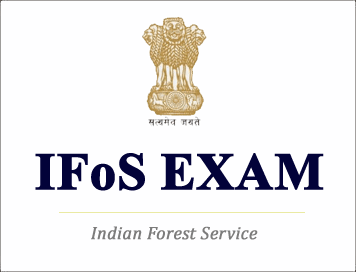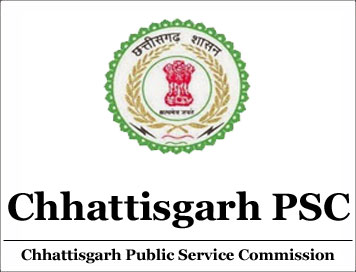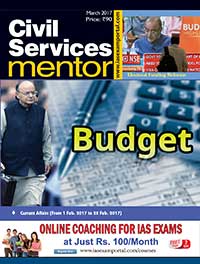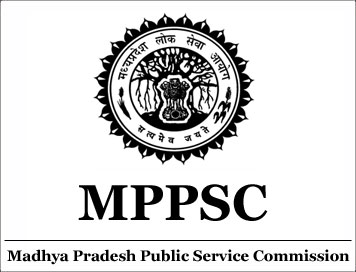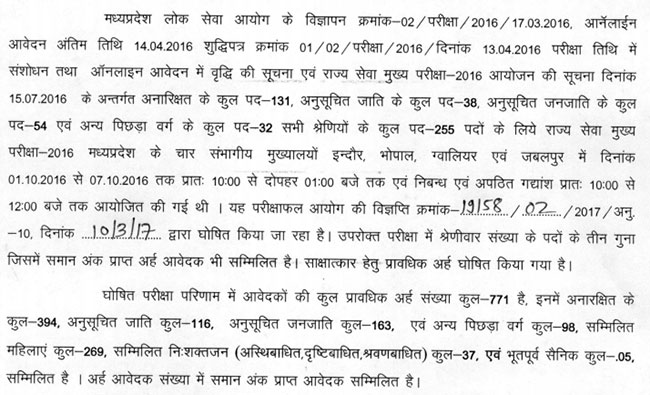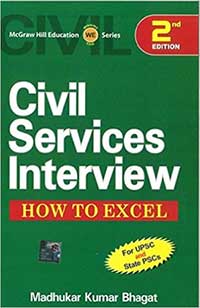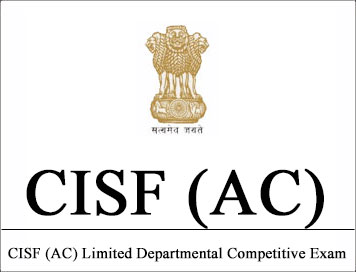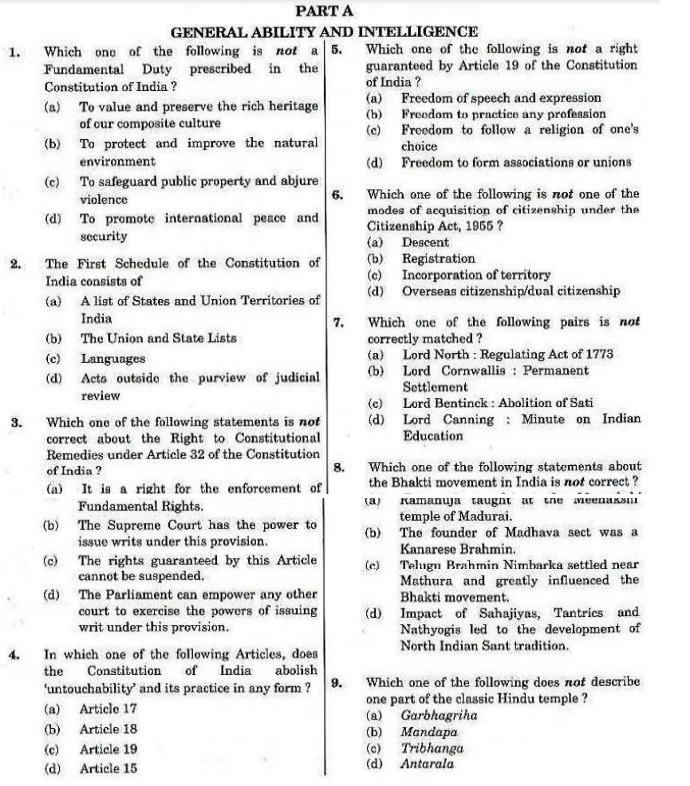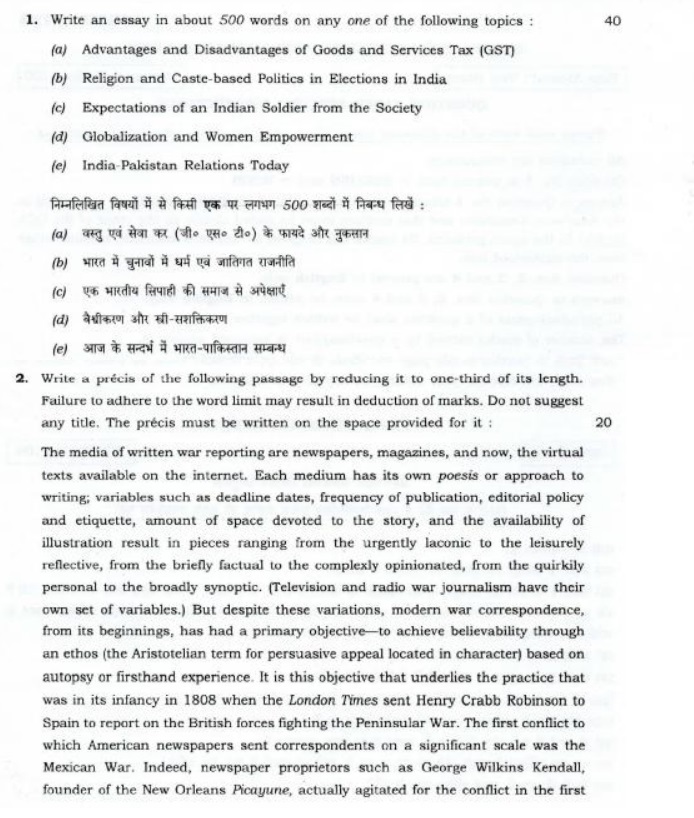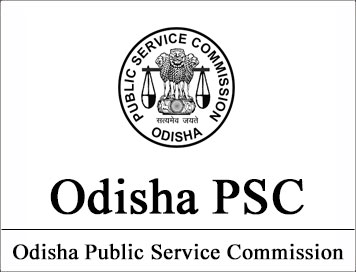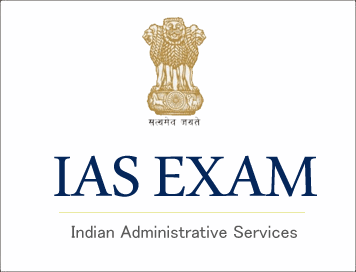
BREAKING: UPSC IAS Exam 2017 Notification Released
F. No. 1/5/2016-E.I(B) : Preliminary Examination of the Civil
Services Examination for recruitment to the Services and Posts mentioned below
will be held by the Union Public Service Commission on 18th June, 2017 in
accordance with the Rules published by the Department of Personnel & Training in
the Gazette of India Extraordinary dated 22nd February, 2017
(i) Indian Administrative Service.
(ii) Indian Foreign Service.
(iii) Indian Police Service.
(iv) Indian P & T Accounts & Finance Service, Group ‘A’.
(v) Indian Audit and Accounts Service, Group ‘A’.
(vi) Indian Revenue Service (Customs and Central Excise), Group ‘A’.
(vii) Indian Defence Accounts Service, Group ‘A’.
(viii) Indian Revenue Service (I.T.), Group ‘A’.
(ix) Indian Ordnance Factories Service, Group ‘A’ (Assistant Works Manager,
Administration).
(x) Indian Postal Service, Group ‘A’.
(xi) Indian Civil Accounts Service, Group ‘A’.
(xii) Indian Railway Traffic Service, Group ‘A’.
(xiii) Indian Railway Accounts Service, Group 'A'.
(xiv) Indian Railway Personnel Service, Group ‘A’.
(xv) Post of Assistant Security Commissioner in Railway Protection Force, Group
‘A’
(xvi) Indian Defence Estates Service, Group ‘A’.
(xvii) Indian Information Service (Junior Grade), Group ‘A’.
(xviii) Indian Trade Service, Group 'A' (Gr. III).
(xix) Indian Corporate Law Service, Group "A".
(xx) Armed Forces Headquarters Civil Service, Group ‘B’ (Section Officer’s
Grade).
(xxi) Delhi, Andaman & Nicobar Islands, Lakshadweep, Daman & Diu and Dadra &
Nagar
Haveli Civil Service, Group 'B'.
(xxii) Delhi, Andaman & Nicobar Islands, Lakshadweep, Daman & Diu and Dadra &
Nagar
Haveli Police Service, Group 'B'.
(xxiii) Pondicherry Civil Service, Group 'B'.
(xxiv) Pondicherry Police Service, Group ‘B’.
Minimum Educational Qualifications
The candidate must hold a degree of any of Universities
incorporated by an Act of the Central or State Legislature in India or other
educational institutions established by an Act of Parliament or declared to be
deemed as a University Under Section-3 of the University Grants Commission Act,
1956, or possess an equivalent qualification.
Age Limits:
A candidate must have attained the age of 21 years and must
not have attained the age of 32 years on the 1st of August, 2017 i.e., he must
have been born not earlier than 2nd August, 1985 and not later than 1st August,
1996. Necessary action to make corresponding changes in respective
Rules/Regulations pertaining to various services is being taken separately.
Number of Attempts:
(a) Every candidate appearing at the examination who is
otherwise eligible, shall be permitted six attempts at the examination. Provided
that this restriction on the number of attempts will not apply in the case of
Scheduled Castes and Scheduled Tribes candidates who are otherwise eligible
Provided further that the number of attempts permissible to
candidates belonging to Other Backward Classes, who are otherwise eligible shall
be nine. The relaxation will be available to the candidates who are eligible to
avail of reservation applicable to such candidates.
Provided further that a physically handicapped will get as
many attempts as are available to other non-physically handicapped candidates of
his or her community, subject to the condition that a physically handicapped
candidate belonging to the General Category shall be eligible for nine attempts.
Necessary action to make Corresponding Changes in respective Rules/Regulations
Pertaining to various services is being taken separately. The relaxation will be
available to the physically handicapped candidates who are eligible to avail of
reservation applicable to such candidates.
Note: (i) An attempt at a Preliminary Examination shall be deemed to
be an attempt at the Civil Services Examination.
(ii) If a candidate actually appears in any one paper in the Preliminary
Examination, he/she shall be deemed to have made an attempt at the Examination.
(iii) Notwithstanding the disqualification/ cancellation of candidature, the
fact of appearance of the candidate at the examination will count as an attempt
Plan of Examination
The Civil Services Examination will consist of two successive stages (vide
Appendix I Section-I)
(i) Civil Services (Preliminary) Examination (Objective type) for the
selection of candidates for the Main Examination; and
(ii) Civil Services (Main) Examination (Written and Interview) for the
selection of candidates for the various Services and posts noted above.
Applications are now invited for the Civil Services
(Preliminary) Examination only. Candidates who are declared by the Commission to
have qualified for admission to the Civil Services (Main) Examination will have
to apply online again, in the Detailed Application Form which would be made
available to them. The Main Examination is likely to be held in October, 2017.
Exam Syllabus:
Paper I - (200 marks) Duration : Two hours
-
Current events of national and international importance.
-
History of India and Indian National Movement.
-
Indian and World Geography - Physical, Social, Economic Geography of India and the World.
-
Indian Polity and Governance - Constitution, Political System, Panchayati Raj, Public Policy, Rights Issues, etc.
-
Economic and Social Development -Sustainable Development, Poverty, Inclusion, Demographics, Social Sector initiatives, etc.
-
General issues on Environmental Ecology, Bio-diversity and Climate Change - that do not require subject specialisation
-
General Science.
Paper II- (200 marks) Duration: Two hours
-
Comprehension
-
Interpersonal skills including communication skills;
-
Logical reasoning and analytical ability
-
Decision-making and problemsolving
-
General mental ability
-
Basic numeracy (numbers and their relations, orders of magnitude, etc.) (Class X level), Data interpretation (charts, graphs, tables, data sufficiency etc. - Class X level)
-
English Language Comprehension skills (Class X level).

